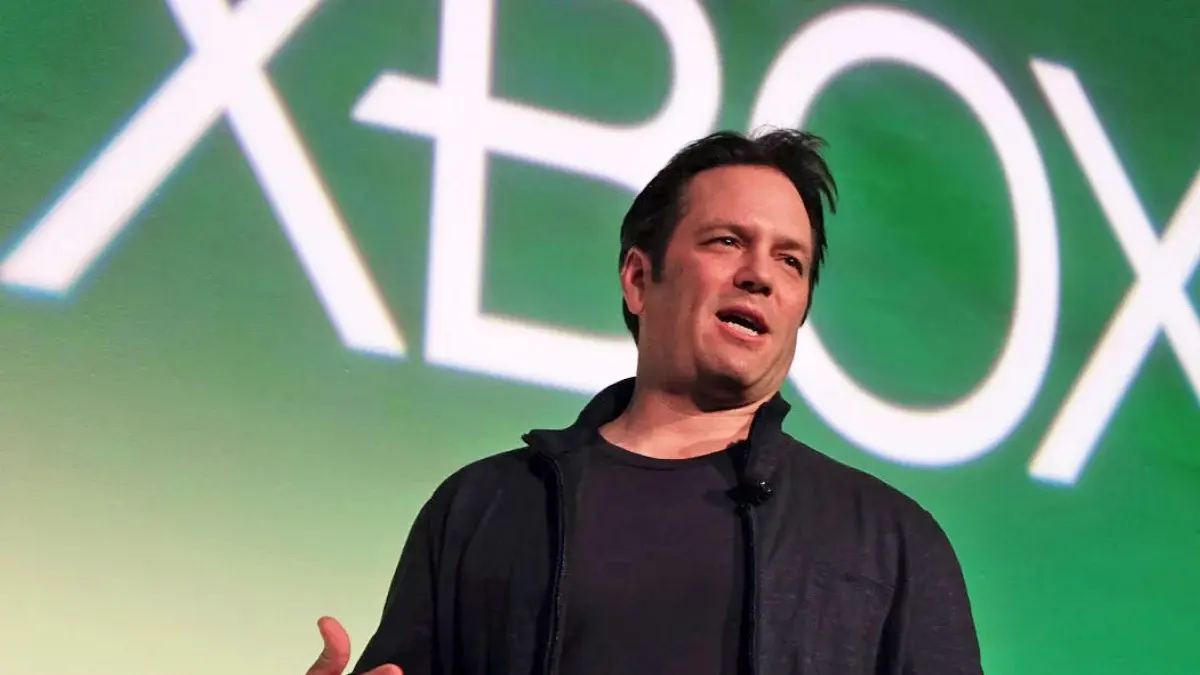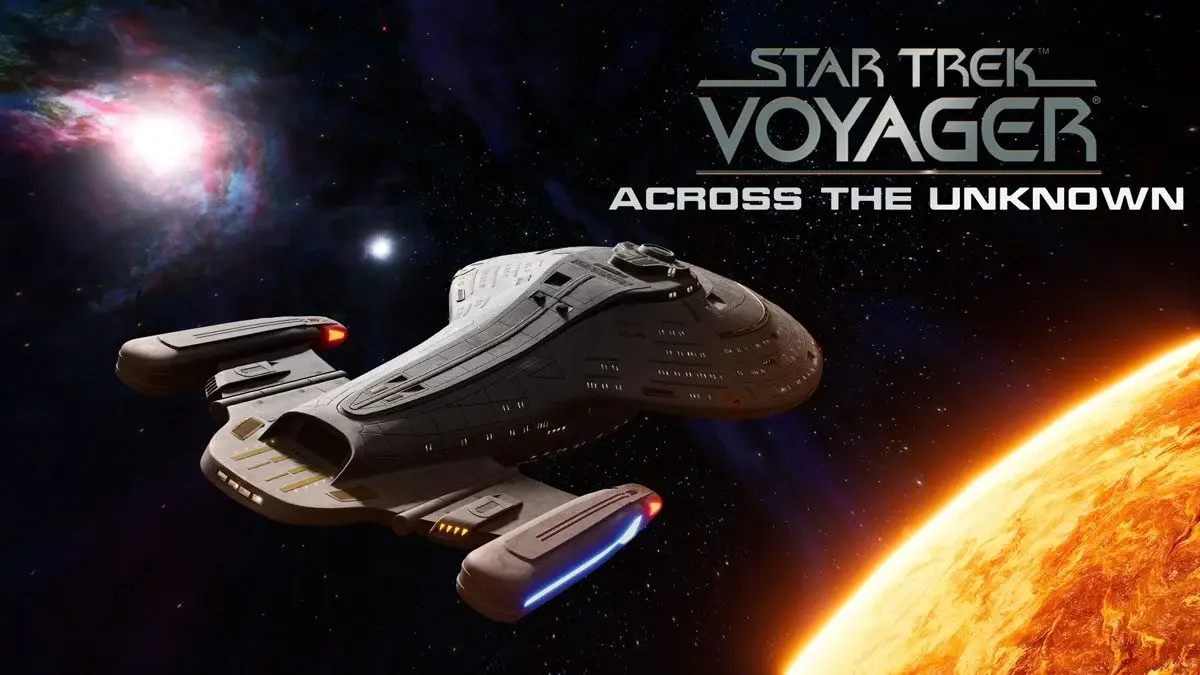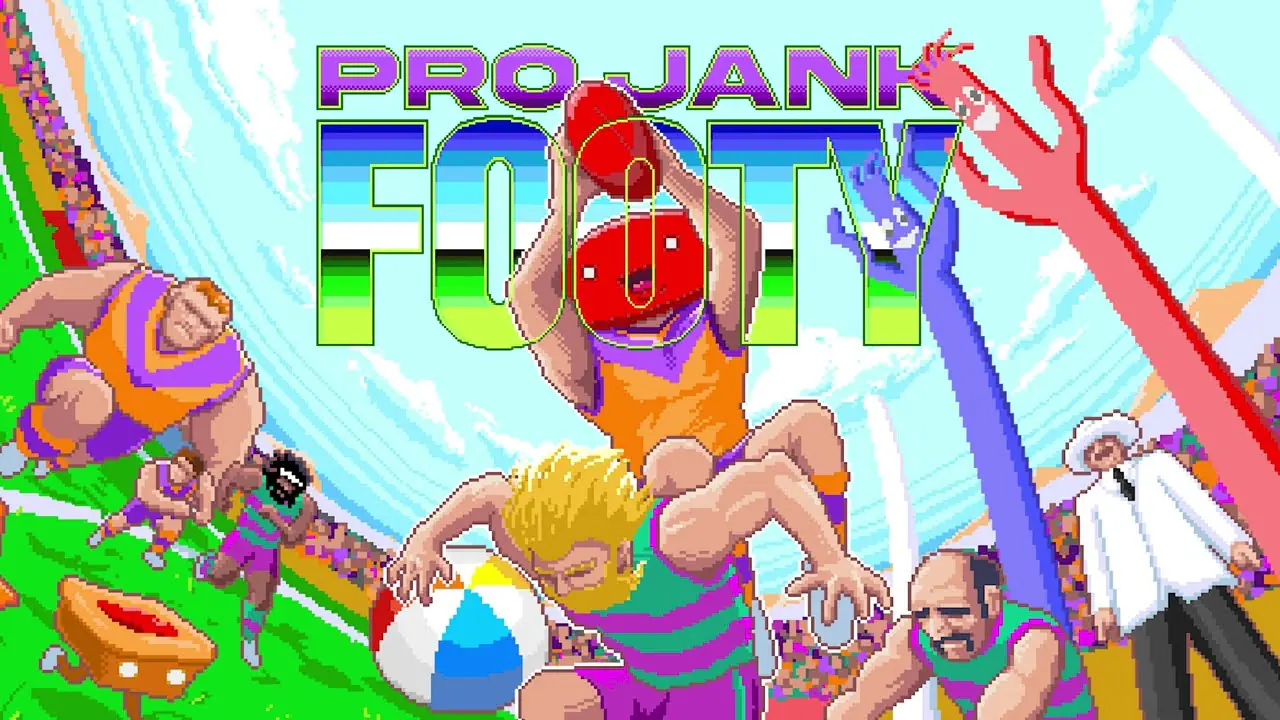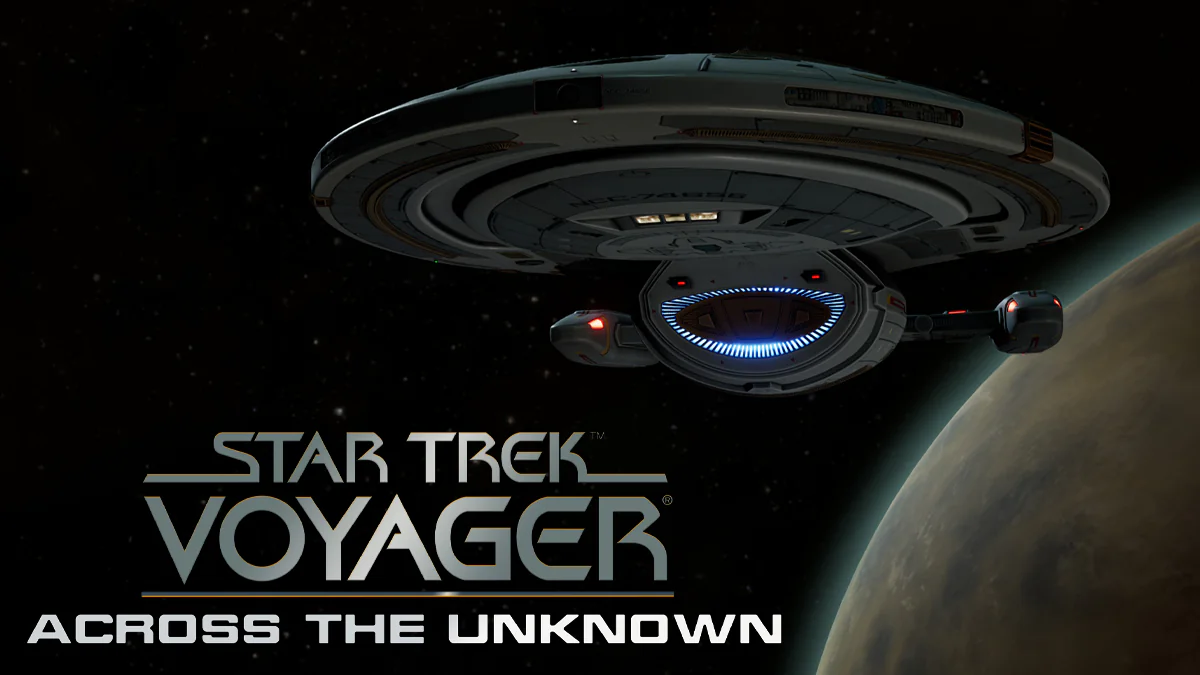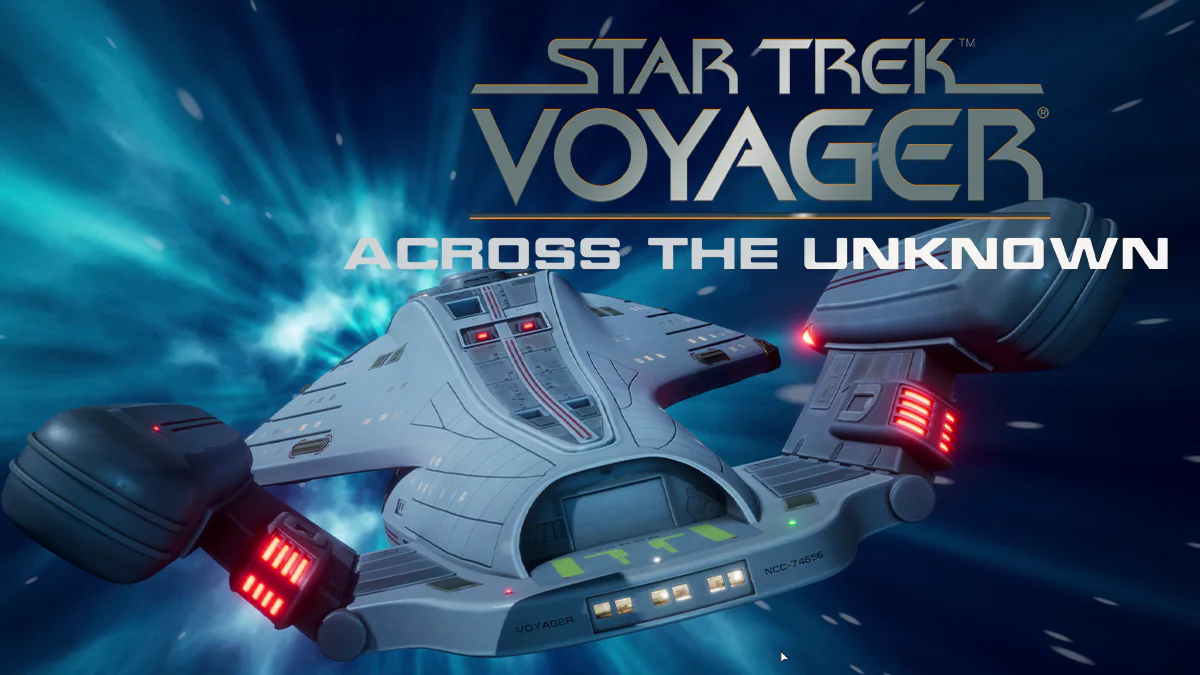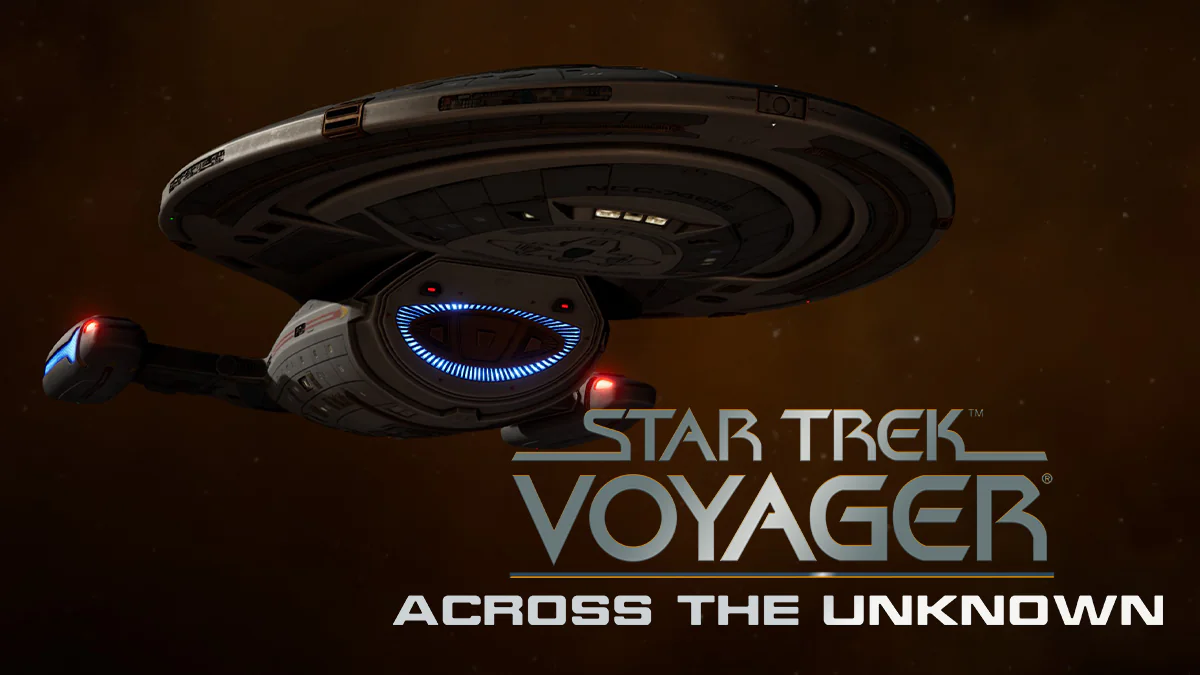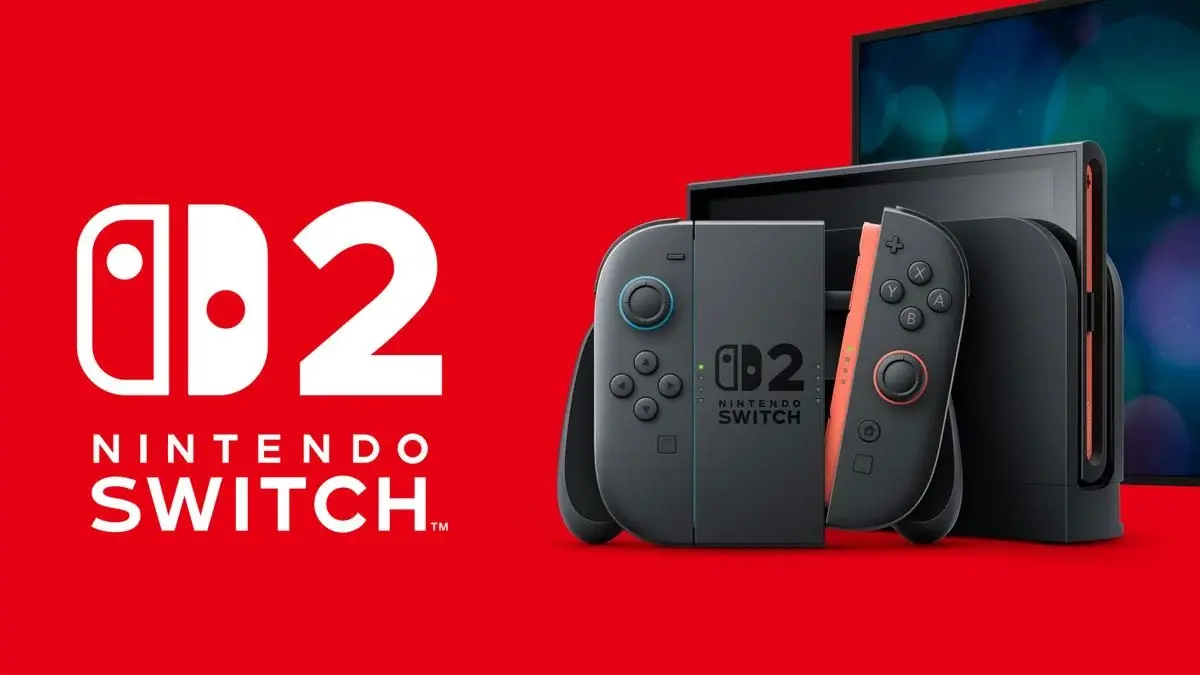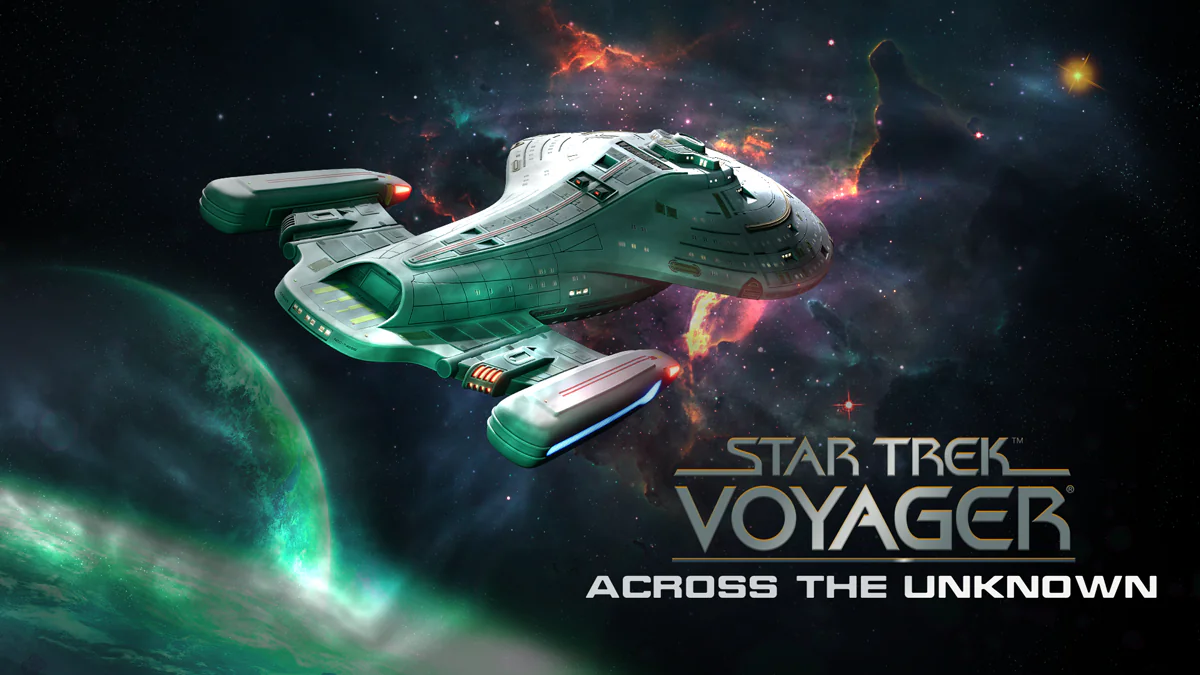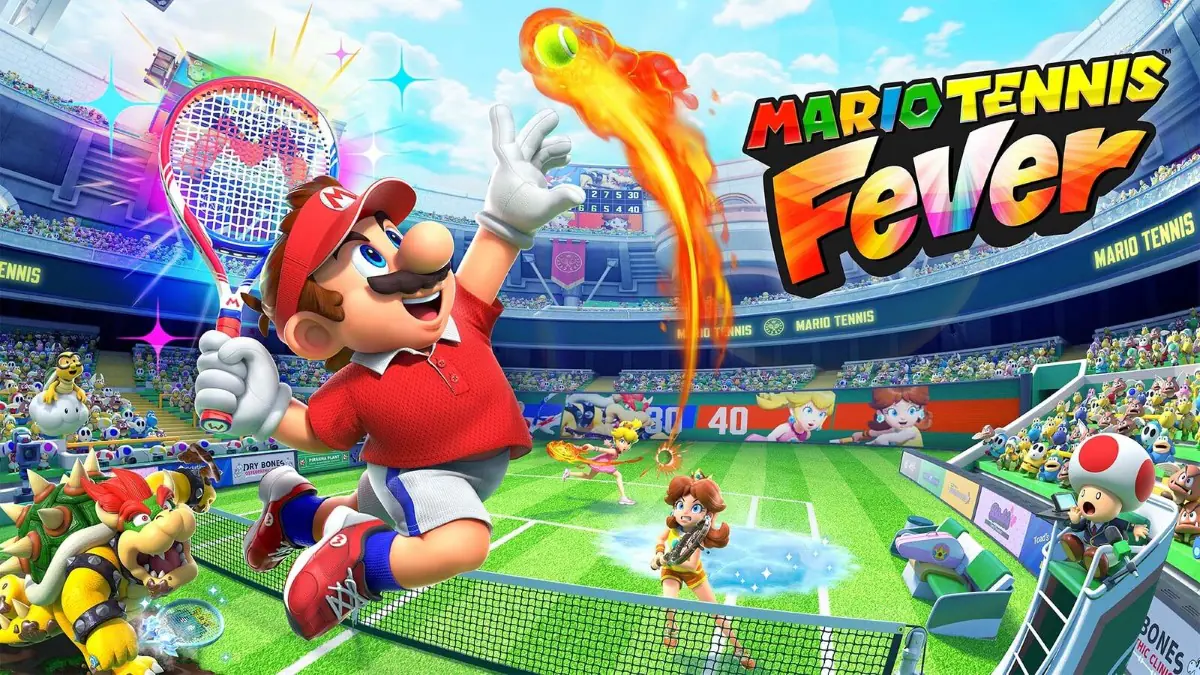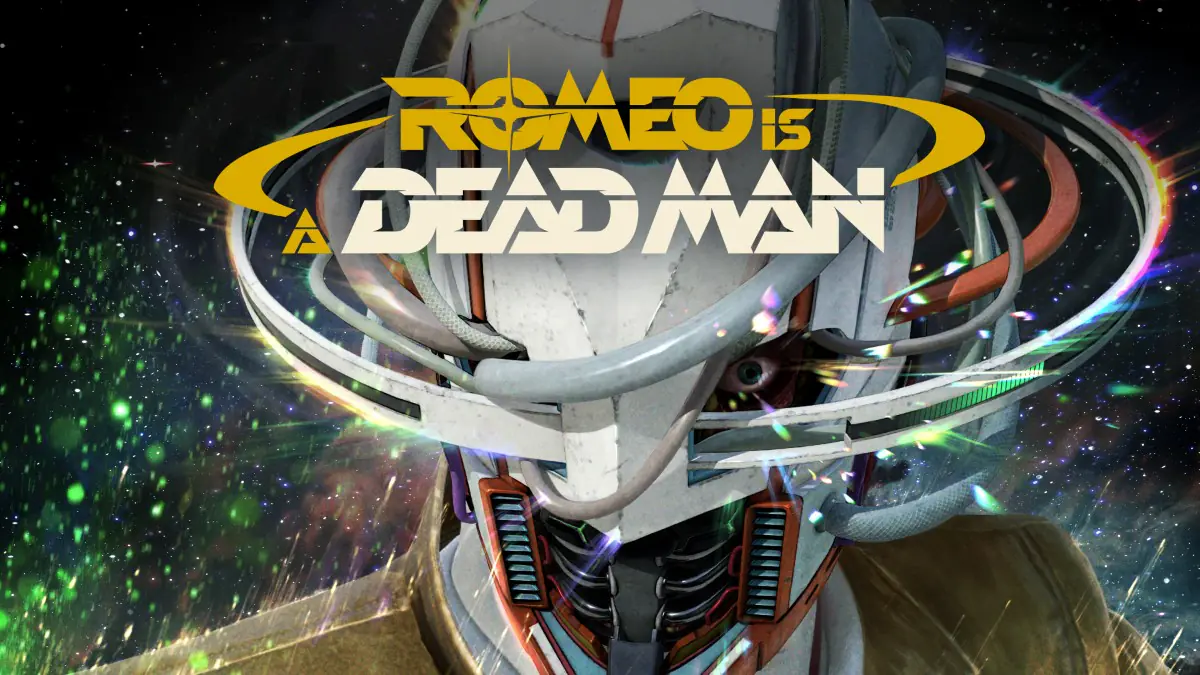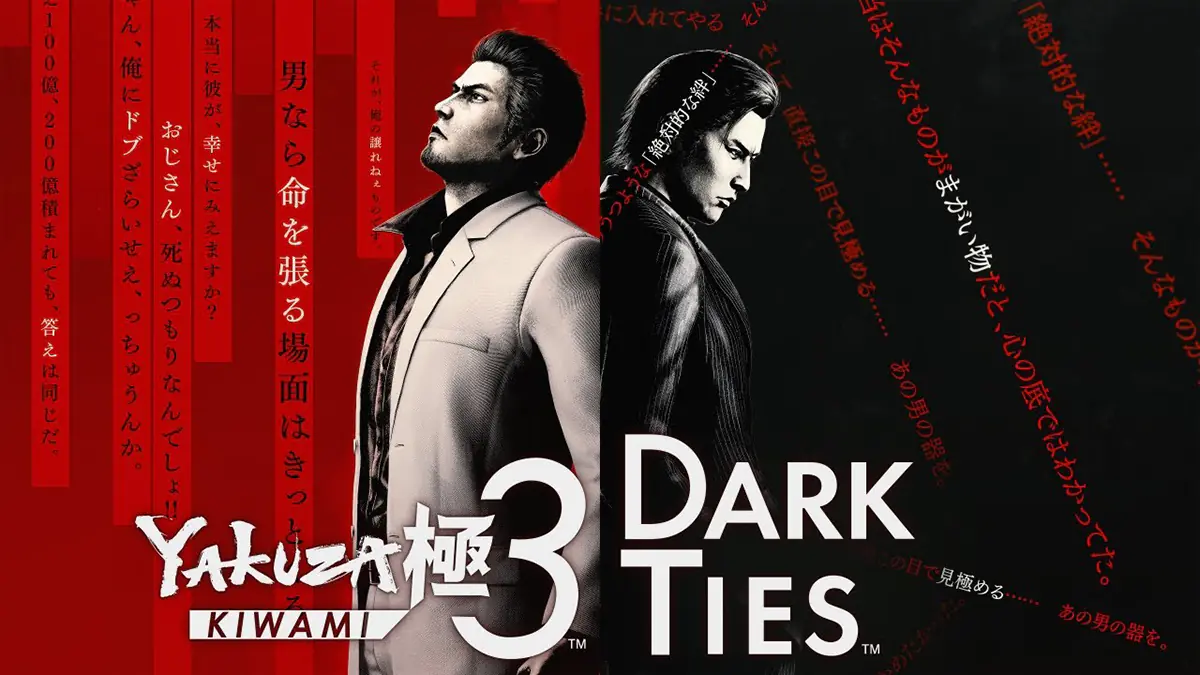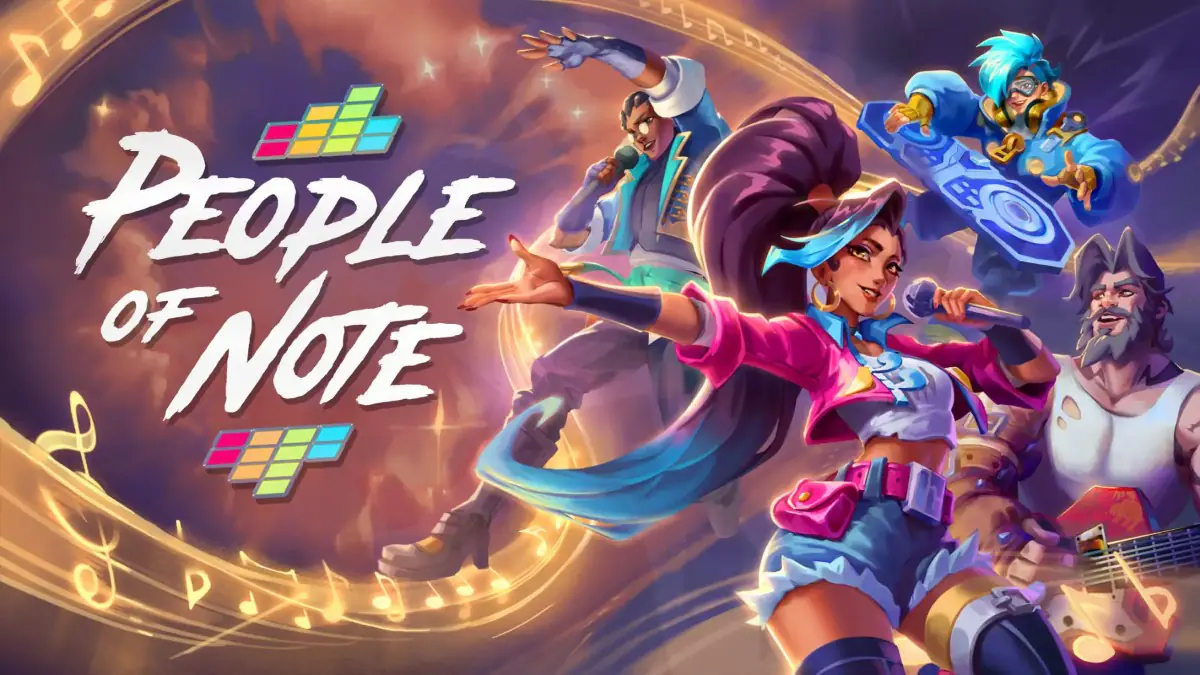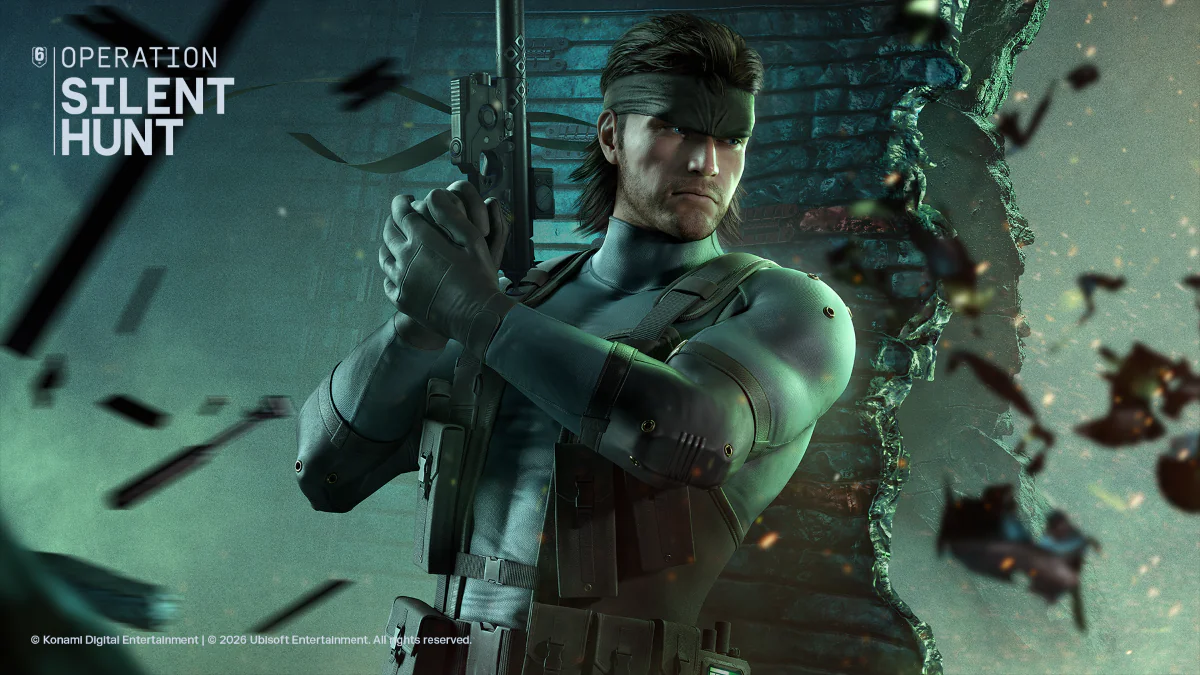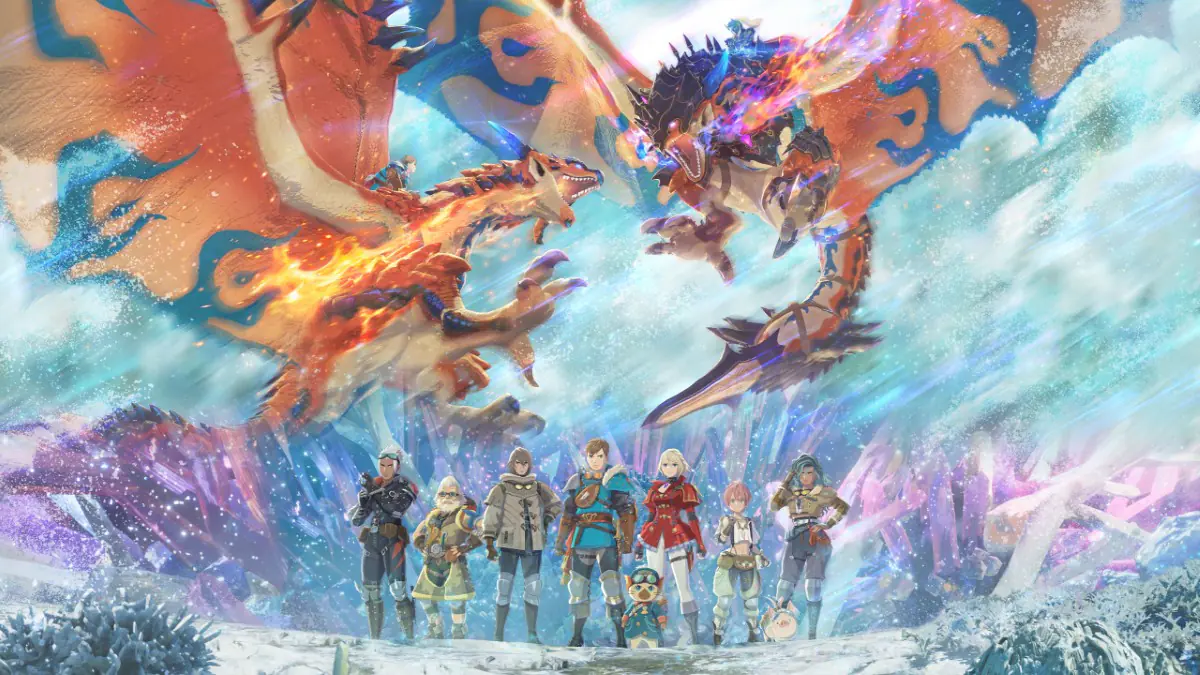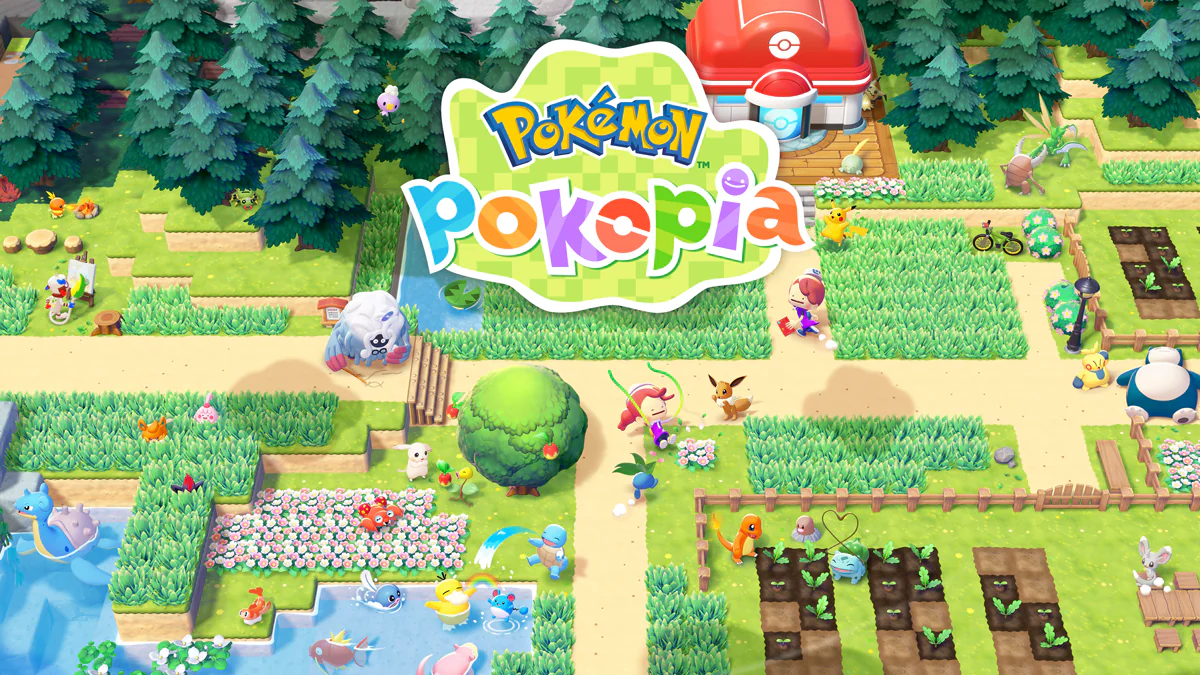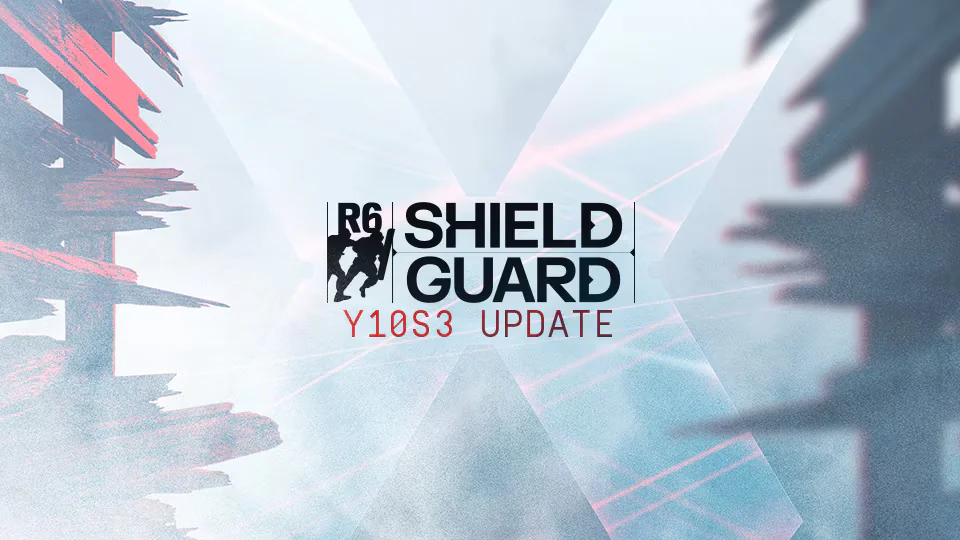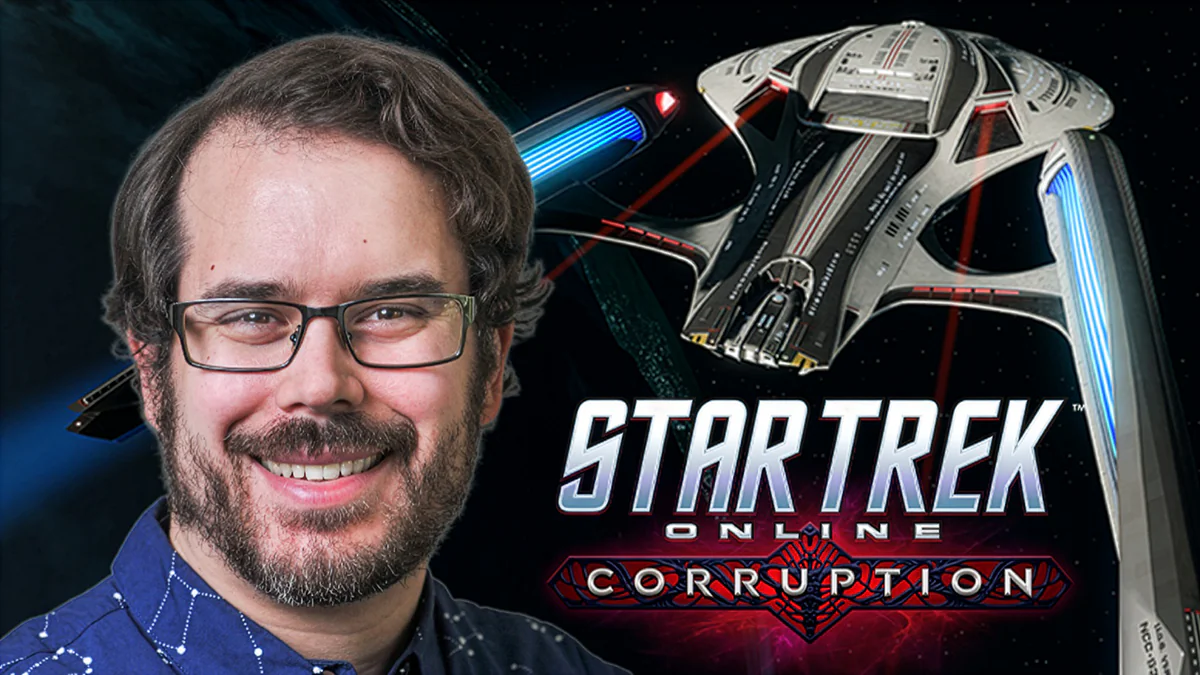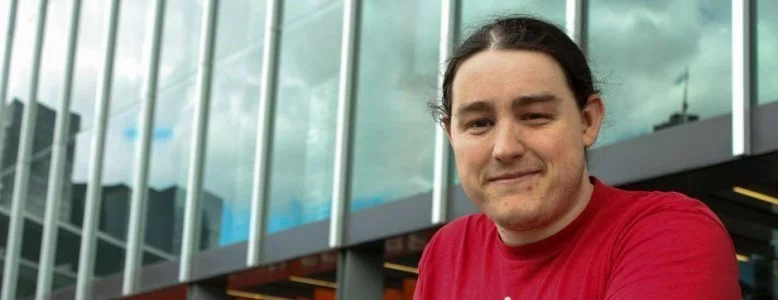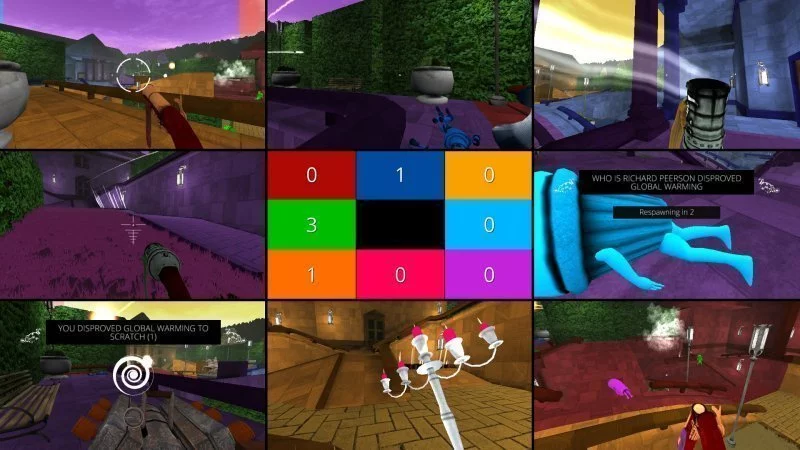Ahead of Screencheat‘s upcoming release on PS4 and Xbox One, we sat down with Samurai Punk’s with Nick McDonnell to discuss the game.
Screencheat, a success on Windows PC since its initial release back in 2014, amazingly began life as the product of a 48-hour game jam.
“It’s actually been quite a straight forward evolution over the last two years of development,” McDonnell said of the game’s path from mere idea to its console debut. “Since the byproduct of the jam was a really refined and functional prototype for the mechanic it gave us really good direction in terms of figuring out what did and didn’t work when taking the game forward. We stuck to a lot of the principles which the jam version had us adopt, so the pick up and play nature of the game, the family friendly art direction and the humour were all established then.
“After that it was just a matter of developing on the core systems to see what interesting directions we could take the in. So for example we started developing our weapon designs to take advantage of the Screencheating mechanic and game modes that were made possible by players always knowing where each other are.”
Samurai Punk has had a bunch of time to refine Screencheat ahead of its release on Xbox One and PS4 on 1 March.
“The PC build taught us a lot about building the game in general — it gave us a space to build and iterate on content as well as refine what we had,” McDonnell affirmed. “Additionally we spent a lot of time refining the retention elements of the game by giving players rewards for playing through weapons skins and ragdolls.”
Refinement also means change.
“We ended up changing the flow for online quite a bit, so the process of creating or joining an online game is very different” he said. “Also consoles implicitly have accounts connected to controllers which meant we had to change the way our local player systems were working. In the end the game appears very similar at face value but at it’s core they’re quite different.”
McDonnell did Melbourne proud when I asked, to close up our time, what Samurai Punk has done to convince those who’ve purchased the game on Windows PC to buy it again on console.
“Nothing,” he said, incredulously. “They already own the game, why would we try and make them buy it twice?”
Perfect answer.
Photo credit: ABC
This article may contain affiliate links, meaning we could earn a small commission if you click-through and make a purchase. Stevivor is an independent outlet and our journalism is in no way influenced by any advertiser or commercial initiative.

